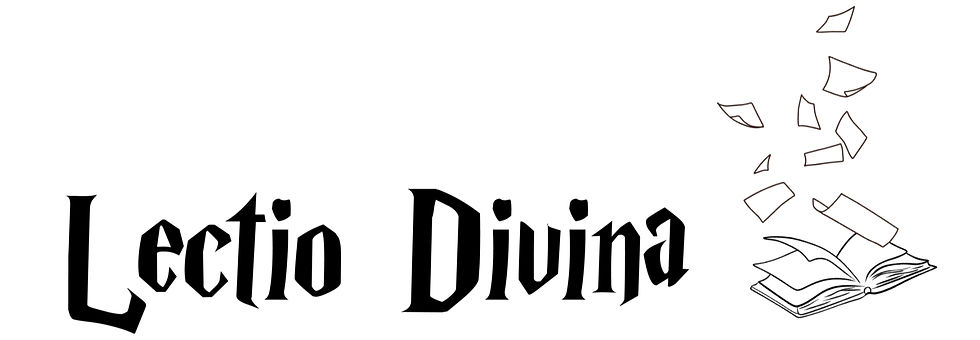Lectio Divina 🧙🏻♀️
- Pastor Liz
- Oct 15, 2024
- 2 min read

Every time I say "lectio divina" I feel like a witch at Hogwarts School of Witchcraft and Wizardry learning a new charm. The next lesson after levitation, "wingardium leviosa," is "lectio divina.”
Lectio divina, divine reading, is a spiritual practice of using scripture, psalm, or poetry as a meditation for deeper connection with God. Unlike biblical study or analysis, “exegesis,” the focus of lectio divina are the words themselves and seeking Holy Wisdom within the writing.
3rd Century theologian, Origen of Alexandria, viewed scripture as sacrament. In a letter to Bishop Gregory of Neocaesarea he wrote; “when you devote yourself to the divine reading ... seek the meaning of divine words which is hidden from most people.” The monastic practice of lectio divina was first established in the 6th century by Benedict of Nursia and was then formalized as the four-step process we’re familiar with by the Carthusian monk Guigo II during the 12th century.
Traditionally a community practice lectio divina has four movements;
Lectio “reading"
Meditatio “meditation"
Contemplatio “contemplation”
Oratio “prayer”
Beginning with reading the passage slowly multiple times, often read aloud by different voices, what stands out to you. Allow the words to center and encompass your thinking. Notice what words sparkle. Through multiple readings you may begin to hear the words in a different light then at first reading.
Use the “sparkling words,” the ones that stood out to you, as a meditation. Ponder them, ancient monks explained this step as a deep, unhurried thinking, a rumination.
Contemplatio, contemplation, invites Holy Wisdom into the reflection. Being intentionally open to the curiosities and insight of God speaking through the words. This is prayerful listening.
Finally, “oratio,” meaning “oration” or “prayer,” invites us into dialogue with God. “A conversation between friends,” as St. Teresa of Avila defined prayer. A conversation with the Holy about what you read, heard, or experienced, or about the questions that have arisen. Remember, not all conversations with friends are calm or easy.
Last, returning to the text with fresh understanding, I read the passage in it in it’s entirety again.
We’ll bring this method of divine reading to poetry, beginning with Amanda Gorman’s collection, Call us What We Carry. Part low-stakes bookclub, part “bible study" we will bring a spiritual lens to poetry, seeking Holy sacred stories in and through all things.
Join me on Thursday, October 17 at 7:30 at the Church
You don’t have to have read the whole book of poetry, scan through and see if a couple jump out at you, or you can come and fully participate if you haven’t read any of it. (It’ll be easy like that.) I will guide us in a lectio divina meditation of few poems and talk about them together. I still have a couple copies of the book if you want one ahead of time, or I can give it to you on Thursday.
♥︎





Comments